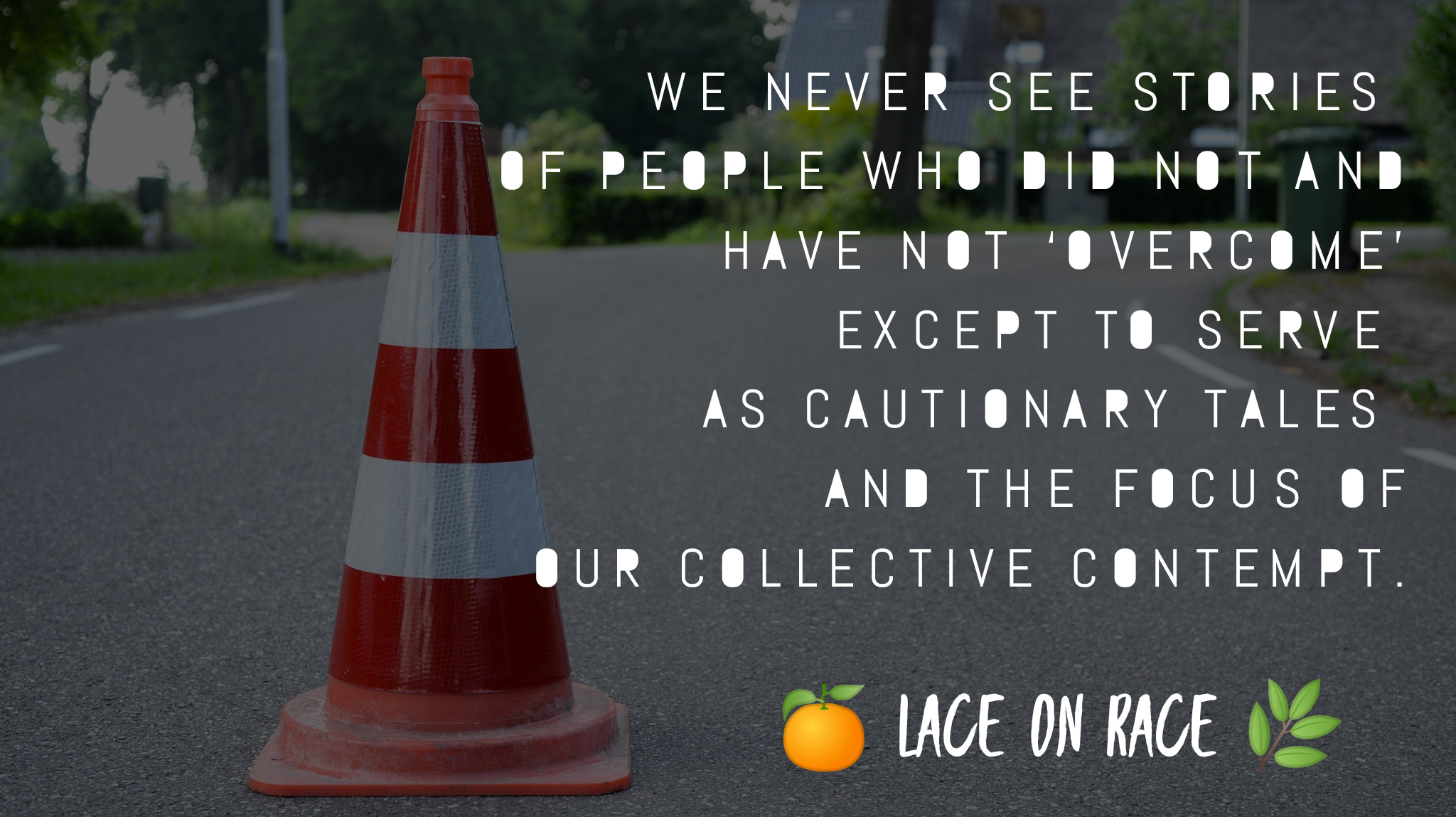Lace on Race
Medical Disparities and Elijah Cummings
I Will Die Before You Part 1
I have been both incredibly gratified, and incredibly activated, with the new focus on disparities in health care by the media.
The conversation began bubbling up when Serena Williams almost died because of inadequate care when she birthed a child, and the groundswell hit its peak this last week, when the Honorable Elijah Cummings passed away at the altogether too young age of 68. That it took these notables to confer legitimacy to what has always been true definitely makes me feel some kind of way, still, it is happening and that is a boon.
While the national conversation by mainstream outlets is new, the phenomena certainly is not. This is something I have always known, something we have always known, although it has only recently been overtly named.
I am glad. While there is a soupcon of resentment about the fact that it has been altogether too long a time we have suffered under an inequitable system, there is no time like the present to have this overdue look at what all but insures that I and my cohort will die earlier than most of you reading this, this is good for a number of reasons, not least of which because of the naming.
We’re not crazy.
Nor are we attention seeking, or histrionic, or recalcitrant and non compliant.
We have been victimized doubly: by institutions and systemic racial violence by institutions and chronic white supremacy, and by a health care system that still struggles to believe we belong more in medical centers than vet clinics.
Yes, that is a big statement.
But I can tell you, from my own personal experience with my own health care, and that of my family and friends, that it has been, more times than I care to count, closer to the truth than any one of you would like to believe.
It is activating for the same reasons.
First though, a small digression.
Peter, my erstwhile mentor/therapy guy and I had a fruitful conversation about the conversation about victimhood, and how now being called a ‘victim’ is nothing more or less than a pejorative; an insult, made to silence and shame.
Here is the thing though. Despite the toxic stank now placed on the word, there is no doubt that there are individuals, and entire populations who have indeed been victimized.
We were talking at the time about sexual abuse and MeToo, and how the language used even by those who have been assaulted can kowtow to the self deprecating and self hating popular definition.
You see it when people tell their stories about being harmed. ‘I’m no victim’ some of them say flat out.
And that’s how we like it. It’s ok if all of the narrative is in the past tense, told by a person with perfect contours, who has ‘overcome’ and whose ‘resilience’ is praised.
We never see stories of people who did not and have not ‘overcome’ except to serve as cautionary tales and the focus of our collective contempt. An episode of This American Life shows this very thing. A young woman, unsympathetic, disbelieved, shamed. Fully three years pass before people decided she was a person again. She still isn’t a redemption story: she’s still affected, not only by the assault, but by a society that shunned her. No happy ending.
We do so badly with stories that don’t contain a redemptive epilogue. We are often more angry at those stories, and the person in the center of them, who don’t allow us to collectively exhale than we are at what they were made to endure.
We all to often hate the victim more than we hate the harm.
Let’s pivot to race.
And a medical system that has harmed as much as much as it has helped us.
When you read the accompanying article, keep all of this in mind. Think of how often Black patients are victims of the healthcare system–the holistic system–which includes access, which includes who treats us, which includes blame shifting for chronic ailments.
Which includes as well unspoken but devastating attitudes and tropes about us: that we feel less pain, that we are incapable of adherence, that we are drugseeking, that our lives are worth less and thus less deserving of resources, the unwillingness to generalize and acknowledge now well documented dynamics about the chronic stress that elevates cortisol and inflammation, and how that exacerbates whatever conditions we present with.
All of this is true, even when controlled for class and income distribution and putative possession of adequate insurance.
My story in Part 2.
The Greatest White Privilege Is Life Itself
by Ibram X Kendi
https://www.theatlantic.com/ideas/archive/2019/10/too-short-lives-black-men/600628/

Leave a Reply